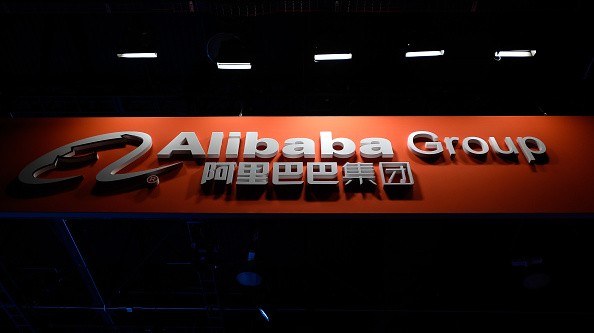On Monday, March 13, Alibaba Group Holding Ltd announced its plans to create a research task force for growth and innovation. Alibaba believes this will create new pathways that will transform the current e-commerce trading platform into the next stage: a tech powerhouse.
The new group, which will be called NASA, will primarily focus on developing core technologies that aim to serve approximately 2 billion people in the next two decades.
This includes machine learning, the internet of things, biometric identification, operating systems and chips.
The initiative, according to Alibaba’s founder and chairman Jack Ma, said the dedicated research and development group will help Alibaba evolve into “the world’s fifth largest economy.” This will lead to the creation of about 100 million jobs, and will also kickstart 10 million enterprises for the next 20 years.
“Just like how the National Aeronautics and Space Administration fueled fundamental progress of science and technology and facilities people’s lives, new economies must be built upon new technology-enabled infrastructure,” Ma said during Alibaba’s first internal technology conference held last week in their Hangzhou headquarters.
In the event of technological breakthroughs, Ma said that Alibaba is also ready to bear the brunt of responsibility.
Instead of following the old business model, Alibaba’s new research and development team will shift into a “pure holistic R&D mechanism” by using cutting-edge technological solutions.
“Today, we’ve reached a tipping point when technology makes a real difference,” said Zhang Jianfeng, Alibaba’s chief technology officer, as reported by China.org.cn.
Alibaba is the leading tech company in China. So far, the company has been making breakthroughs, such as the use of facial recognition in digital payments. Alibaba has also helped mitigate traffic congestion in and around Hangzhou through artificial intelligence.
Over 20,000 engineers are under the employ of the company.
“It’s a visionary move. Alibaba is no longer content with being recognized as an online trading platform,” said Zhang Mengmeng, senior researcher at Counterpoint Technology Market Research.
“It needs new technologies to fulfill and balance its multiple roles as a virtual shopping mall, a cloud computing provider, a payment tool, and a logistics network.”


